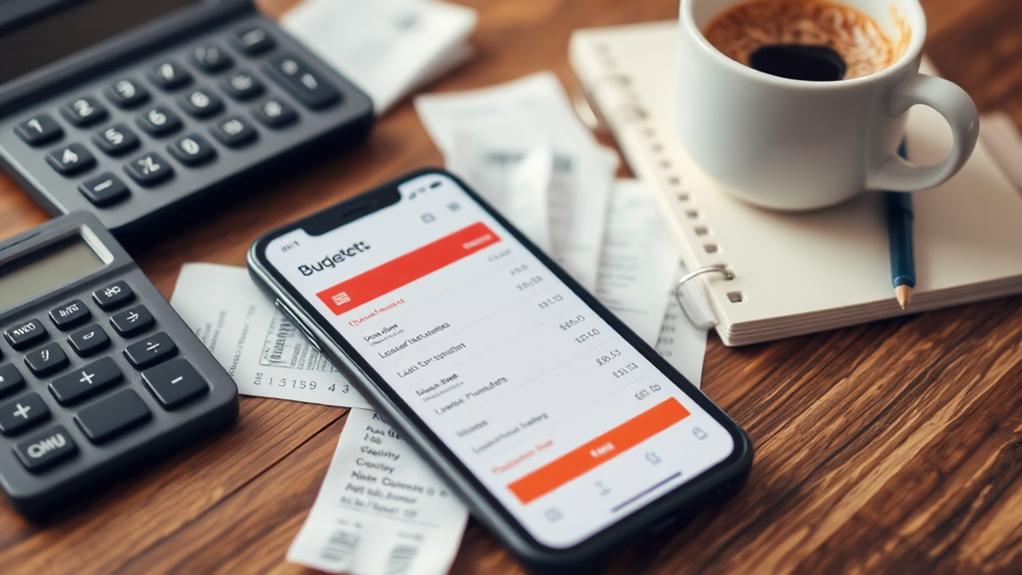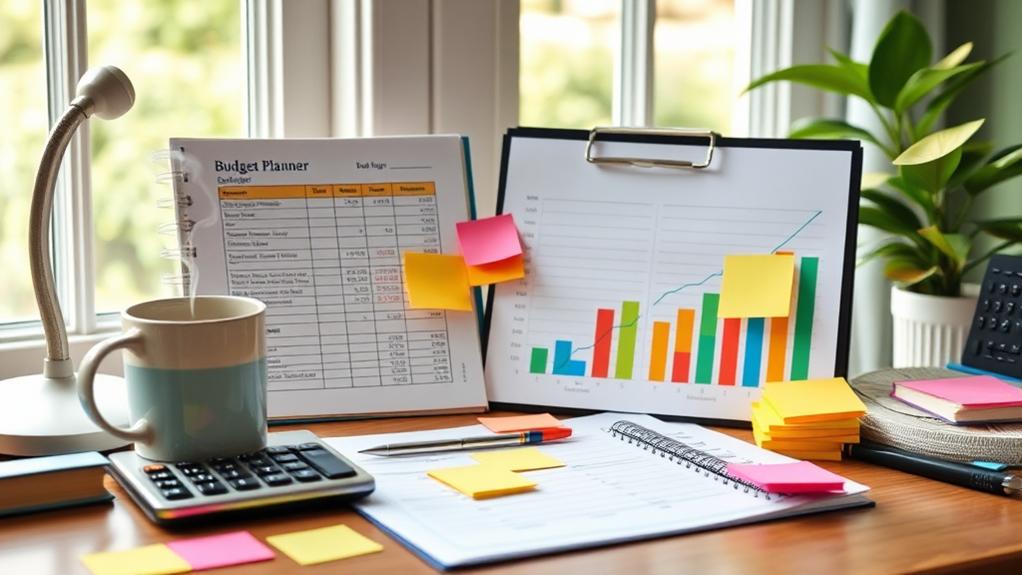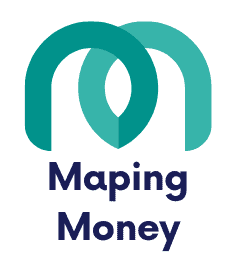Top 3 Money Saving Tips for Smart Spending
To save money effectively, start by tracking your spending. This reveals your habits and helps you spot areas to cut back, potentially saving you $200 a month. Next, create a detailed budget using the 50/30/20 rule, which divides your income into essentials, wants, and savings. This keeps your spending in check and guarantees you reach your financial goals. Finally, automate your savings by setting up direct deposits to a high-yield account; this can boost your savings by 20% or more. Stick around to uncover additional strategies that will enhance your financial savvy.
Key Takeaways
- Track your spending to identify habits and uncover saving opportunities, potentially saving an average of $200 monthly.
- Create a detailed budget using the 50/30/20 rule to allocate funds efficiently for essentials, wants, and savings.
- Automate your savings with direct deposits to high-yield accounts, increasing savings rates by 20% or more.
- Use budgeting apps to monitor expenses in real-time and make necessary adjustments for better financial management.
- Regularly review bank statements to identify recurring charges and eliminate unnecessary subscriptions.
Track Your Spending

Tracking your spending is like shining a flashlight on your financial habits. When you take the time to monitor your spending, you can uncover patterns that reveal areas where you can cut back to save money. Studies show that people who track their expenses can save an average of $200 monthly, so why not start now?
Utilizing budgeting apps or spreadsheets can simplify this process. These tools help you categorize your expenses, providing a clear picture of where your money goes. This visualization is critical for setting and achieving your financial goals. Regularly reviewing your bank statements also helps you spot recurring charges or forgotten subscriptions, giving you the chance to cancel unnecessary expenses.
Consider setting a specific tracking period, like one month, to gain insight into your discretionary spending habits. This focused approach allows you to make informed financial decisions moving forward. Research indicates that individuals who monitor their spending are 50% more likely to stick to a budget, as awareness fosters accountability. By tracking your spending, you empower yourself to take control of your finances and move closer to the freedom you desire.
Create a Detailed Budget

Once you've monitored your spending, the next step is to create a detailed budget. This budget acts as your financial roadmap, helping you categorize expenses into necessities, discretionary spending, and savings goals. A popular method is the 50/30/20 rule, where you allocate 50% of your income to essentials, 30% to wants, and 20% to savings or debt repayment.
Utilizing budgeting apps like EveryDollar can simplify this process. They allow you to track expenses in real time, making it easier to adjust your spending habits as needed. Regularly reviewing past expenses can help you identify unnecessary recurring charges, so you can eliminate costs and improve your overall financial management.
Setting specific dollar amounts for each category is essential. This helps prevent overspending and guarantees you consistently meet your financial goals. Don't forget to make monthly adjustments based on income fluctuations and spending patterns. This will enhance your budget's accuracy and effectiveness, fostering better financial discipline. By taking these steps, you'll gain greater control over your finances and work toward the freedom you desire.
Automate Your Savings

Automating your savings is a smart strategy that can help you build wealth effortlessly. By setting up direct deposits to a high-yield savings account, you save without even thinking about it. This approach can lead to substantial savings over time, as research shows that people who automate their savings can boost their savings rate by 20% or more.
Scheduling regular transfers helps you build an emergency fund faster—aim for 3-6 months of living expenses for true financial security. Additionally, consider using apps that round up your purchases to the nearest dollar, automatically depositing the difference into your savings. These small, consistent contributions can have a significant impact on your overall savings.
When you automate your savings, you're more likely to achieve your financial goals. The habit of consistent contributions enhances your financial discipline, making it easier to stick to your budget and resist the temptation to overspend. By taking this proactive approach, you create a path toward freedom and financial independence. So, take the plunge and automate your savings today!







